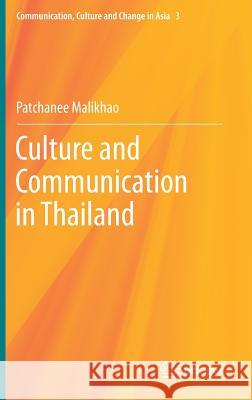Culture and Communication in Thailand » książka
topmenu
Culture and Communication in Thailand
ISBN-13: 9789811041235 / Angielski / Twarda / 2017 / 141 str.
Kategorie:
Kategorie BISAC:
Wydawca:
Springer
Seria wydawnicza:
Język:
Angielski
ISBN-13:
9789811041235
Rok wydania:
2017
Wydanie:
2017
Numer serii:
000792521
Ilość stron:
141
Waga:
0.41 kg
Wymiary:
23.39 x 15.6 x 1.12
Oprawa:
Twarda
Wolumenów:
01
Dodatkowe informacje:
Wydanie ilustrowane











